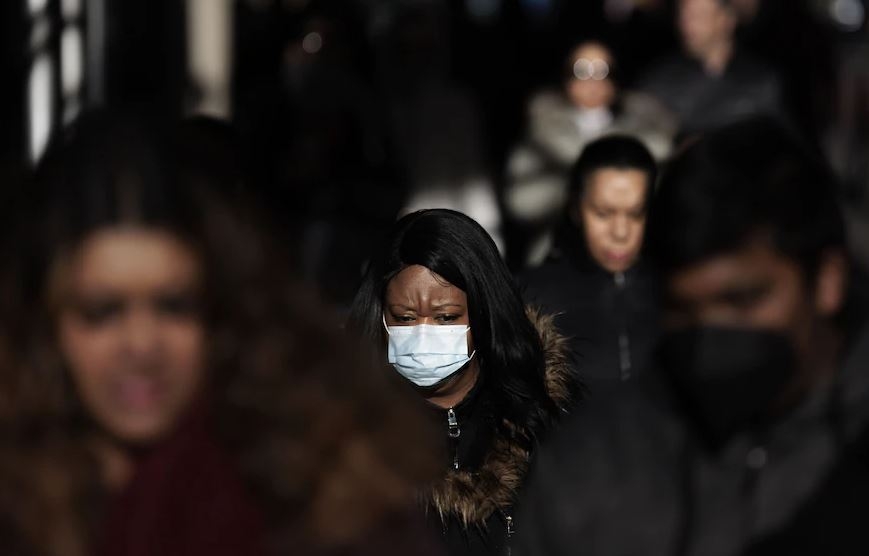Three years after the first novel coronavirus was discovered, a new variant called XBB.1.5 is rapidly becoming the dominant strain in certain parts of the United States. This is due to a potent mix of mutations that makes it easier for the virus to spread widely, including among people who have been infected or vaccinated against it in the past.
According to new estimates provided by the Centers for Disease Control and Prevention (CDC), the proportion of cases involving XBB.1.5, which the World Health Organization has dubbed “the most transmissible” descendant yet of the omicron variant, increased from less than 2 percent of cases in the United States at the beginning of December to more than 27 percent during the first week of January.
It is thought that XBB.1.5 is the cause of more than 70 percent of the cases in the Northeast.
There is currently no evidence to suggest that XBB.1.5 is more dangerous than its predecessors; however, a recent flurry of misinformation that links the rise of new variants to vaccination has shone a light on this most recent strain and caused some experts in the field of public health to express concern that it may further reduce the number of people who get booster shots.
According to Vaughn Cooper, a professor of evolutionary biology at the University of Pittsburgh, “XBB did not develop because individuals were vaccinated.” Cooper made this statement. “Let’s get one thing straight: The reason it developed the way it did is because individuals were infected by numerous viruses at the same time,”
Since the omicron variety was responsible for the sudden surge in cases that occurred over the previous winter, it has given rise to a whole host of progeny that are even better at dodging the immune system’s defences and are the primary source of infections in the United States. The XBB lineage came into being as a consequence of two different omicron subvariants exchanging their component pieces.
According to virologists who researched XBB.1.5, while it does not seem to be better at dodging antibodies than its immune-evading forebears, it is better at attaching to the cell and multiplying itself. This indicates that it has a greater potential than its cousins to become the predominant strain in a community, but it does not always cause an individual’s covid symptoms to grow more severe.
Health officials are urging American citizens to get a booster dose of the new coronavirus vaccine that has been formulated for omicron subvariants. This is being done to protect against an expected winter surge in cases caused by holiday gatherings as well as the continued concentration of people indoors.
The country now has an average of approximately 48,000 persons hospitalised with covid-19 over the course of a week; this number is the most it has been since late February, but it is still a long cry from the 150,000 people who reached their peak around a year ago. Since Thanksgiving, there has been a roughly 20,000 patient increase in the daily average count of those who are hospitalised.
However, just 15% of people who are eligible and 38% of older persons, who are at the greatest risk of contracting the disease, have gotten the latest vaccinations.
Concerns were raised about XBB as a result of laboratory investigations that demonstrated antibodies produced by vaccinations had difficulty inhibiting that variation. However, this does not indicate that the immunisations are ineffective: Experts think that broad protection from injections and earlier infections are making individuals more robust to the virus. This has been the case for most of the last year, when waves of infections from immune-evading variations have not generated spikes of severe sickness at hospitals.
Even while antibodies may not provide complete protection against re-infection, they do lessen the probability of being infected with the virus and significantly lessen the likelihood of becoming very sick or requiring hospitalisation.
However, the emphasis placed on boosters is also receiving some criticism. A member of the editorial board of the Wall Street Journal wrote an opinion article that was published in the paper and argued that repeated vaccinations rendered people in the United States more vulnerable to new strains.
According to Jesse Bloom, an evolutionary biologist at the Fred Hutchinson Cancer Center in Seattle, several studies have attempted to investigate whether SARS-CoV-2 variants spread more quickly in regions with higher vaccination rates. However, these studies have not uncovered any evidence to support this hypothesis.

